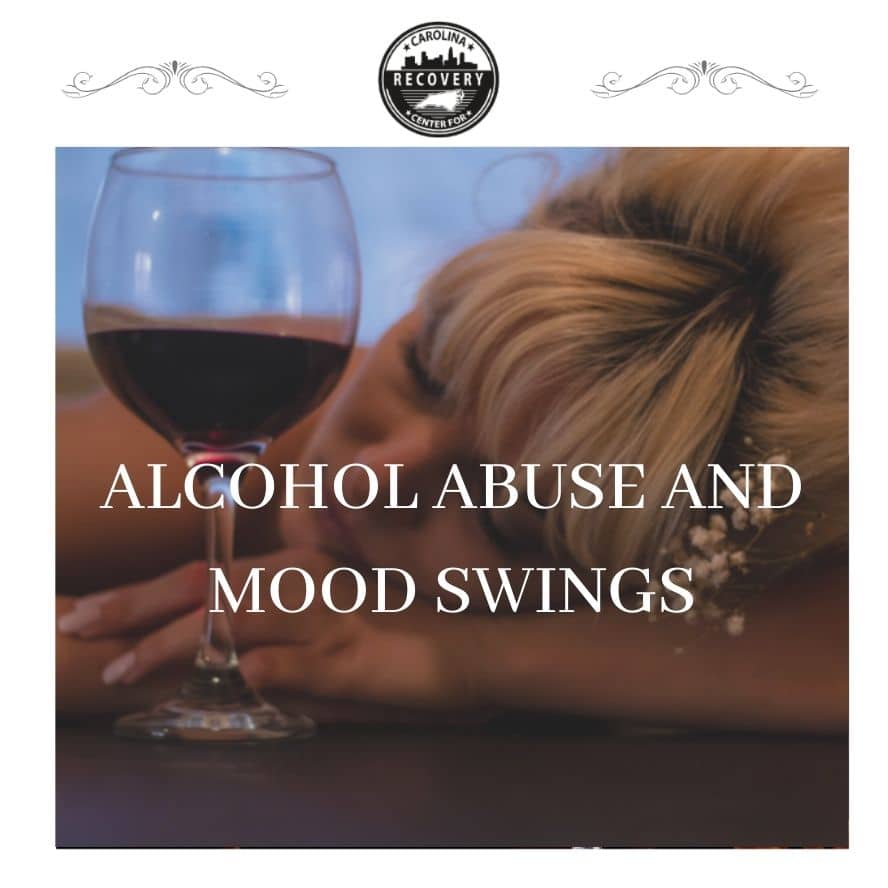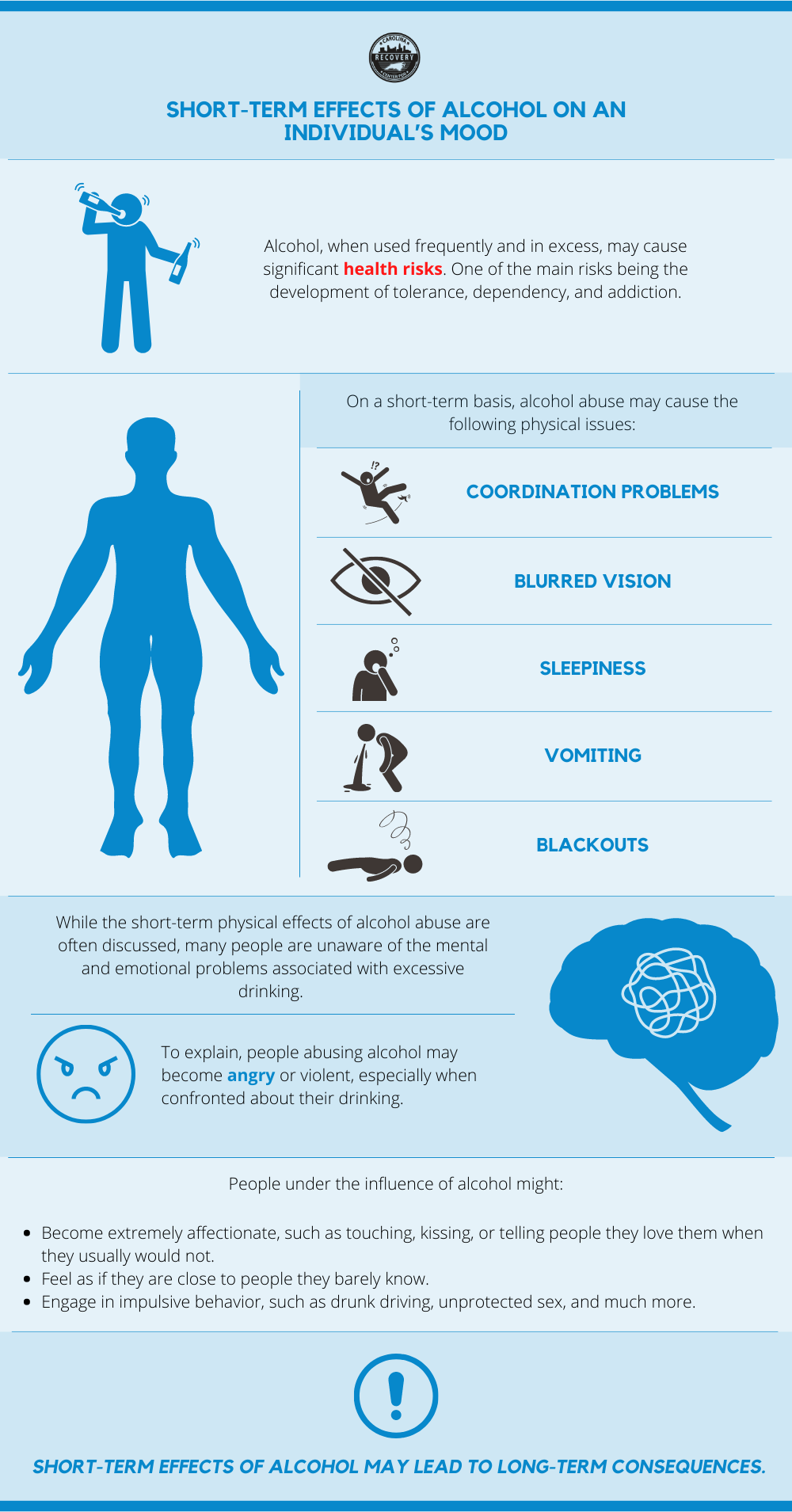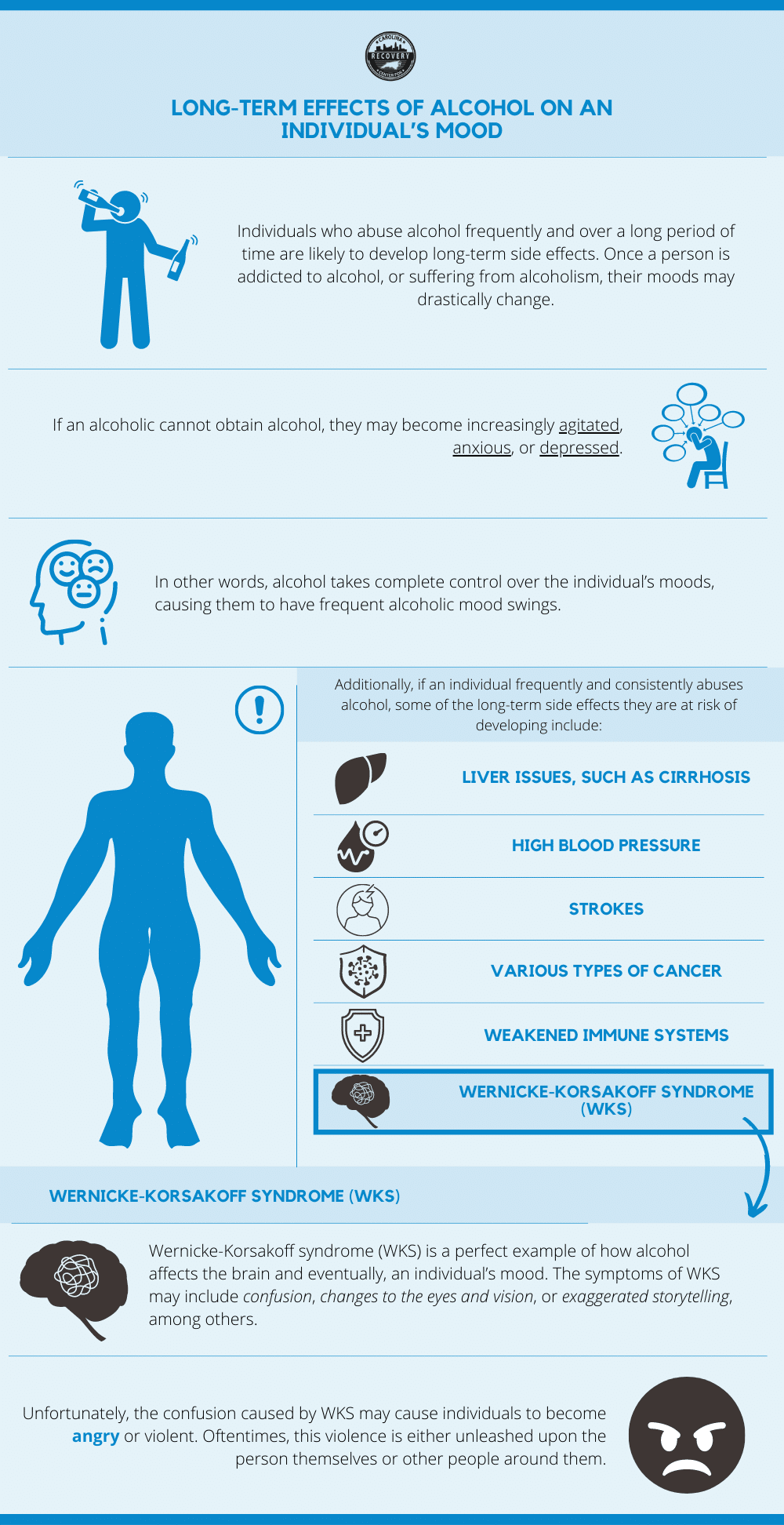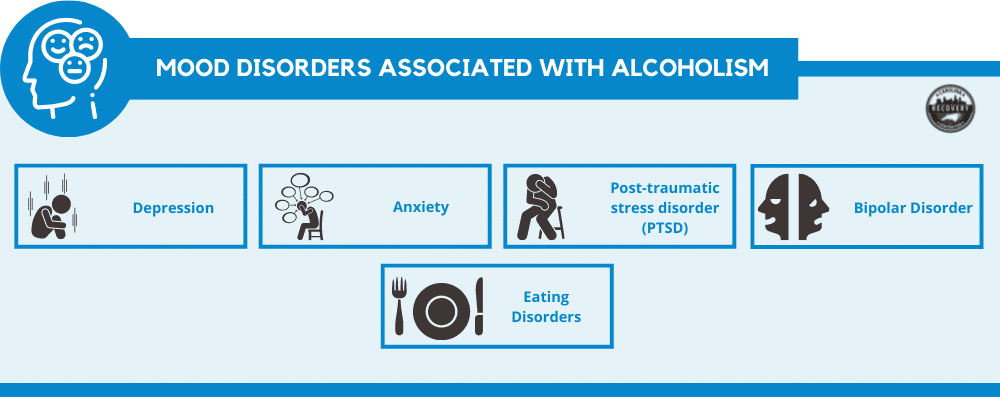Alcohol Abuse and Mood Swings

Medically Verified: 2/1/24
Medical Reviewer
Chief Editor

All of the information on this page has been reviewed and verified by a certified addiction professional.
If someone you know is an alcoholic, you may have noticed that they experience mood swings and other psychological symptoms. This is normal, as alcohol abuse and mood swings frequently co-exist. This phenomenon is better known as “alcoholic mood swings.”
Alcohol Abuse and Mood Swings
Alcohol abuse is known to cause individuals to behave differently than they usually would. Many individuals abuse alcohol to attempt to soothe uncomfortable feelings. For example, many people drink alcohol when they are depressed as a means to make themselves more happy or lighthearted. On the other hand, many people abuse alcohol to soothe anxiety and calm their nerves.
Many of us may have attempted to use alcohol to soften our moods in one way or another. However, alcohol is never a solution to improve one’s mood or solve one’s problems. In all actuality, abusing alcohol may create the opposite effect. When individuals drink as a coping mechanism it leads to the development of short-term physical and mental issues. In other words, excessive use of alcohol may create negative consequences. Also, the excessive abuse of alcohol over a long period creates long-term consequences. One of these consequences may include alcohol-induced mood swings, otherwise referred to as “alcoholic mood swings”.
Short-Term Effects of Alcohol on an Individual’s Mood

Alcohol, when used frequently and in excess, may cause significant health risks. One of the main risks being the development of tolerance, dependency, and addiction. On a short-term basis, alcohol abuse may cause the following physical issues:
- Coordination problems
- Blurred speech or vision
- Sleepiness
- Vomiting
- Blackouts
While the short-term physical effects of alcohol abuse are often discussed, many people are unaware of the mental and emotional problems associated with excessive drinking. To explain, people abusing alcohol may become angry or violent, especially when confronted about their drinking. However, alcoholic mood swings include more than just anger or violence.
People under the influence of alcohol might:
- Become extremely affectionate, such as touching, kissing, or telling people they love them when they usually would not.
- Feel as if they are close to people they barely know.
- Engage in impulsive behavior, such as drunk driving, unprotected sex, and much more.
Unfortunately, the short-term effects of alcohol may lead to long-term consequences. For example, individuals who engage in impulsive behaviors such as driving while under the influence may receive legal repercussions for their actions. On the other hand, if an individual has unprotected sex while abusing alcohol, they are at a higher risk of developing sexually-transmitted diseases or becoming pregnant.
If you or a loved one suffer from alcohol abuse and have noticed the emergence of short-term side effects or alcoholic mood swings, it may be time to seek professional alcohol rehab.
Long-Term Effects of Alcohol on an Individual’s Mood

Individuals who abuse alcohol frequently and over a long period of time are likely to develop long-term side effects. As previously mentioned, addiction, dependency, and tolerance are likely to develop after an individual continuously abuses alcohol. Once a person is addicted to alcohol, or suffering from alcoholism, their moods may drastically change. For example, alcoholics feel as if they need to consume alcohol to function normally.
If an alcoholic cannot obtain alcohol, they may become increasingly agitated, anxious, or depressed. In other words, alcohol takes complete control over the individual’s moods, causing them to have frequent alcoholic mood swings.
Additionally, if an individual frequently and consistently abuses alcohol, some of the long-term side effects they are at risk of developing include:
- Liver issues, such as cirrhosis
- High blood pressure
- Strokes
- Various types of cancer
- Weakened immune systems
- Brain disorders, specifically Wernicke-Korsakoff syndrome (WKS)
Wernicke-Korsakoff syndrome (WKS) is a perfect example of how alcohol affects the brain and eventually, an individual’s mood. The symptoms of WKS may include confusion, changes to the eyes and vision, or exaggerated storytelling, among others. Unfortunately, the confusion caused by WKS may cause individuals to become angry or violent. Oftentimes, this violence is either unleashed upon the person themselves or other people around them.
Is Alcohol Related to Other Mood Disorders?
Alcohol abuse and alcoholism are known to cause an array of physical and mental health concerns. Unfortunately, prolonged abuse of alcohol often leads to the development, or the worsening, of many different mood disorders.
Alcoholism shares a complex relationship with many mood disorders, including:

- Depression
- Anxiety
- Post-traumatic stress disorder (PTSD)
- Bipolar disorder
- Eating disorders such as anorexia or bulimia
According to the National Institutes of Health (NIH), alcohol abuse associated with alcoholism can coexist with, contribute to, or result from several different mental health conditions. As a result, alcoholism has the ability to mimic or complicate almost every psychiatric syndrome known. This might make the diagnosis of co-occurring disorders become complicated.
When an individual suffers from alcoholism and an additional mental health condition, this is referred to as comorbidity, co-occurring disorders, or dual diagnosis. While the diagnosis and treatment of co-occurring disorders may be difficult, professional dual diagnosis treatment specialists are trained and knowledgable on the subject. Staff members at a dual diagnosis treatment center always treat their patients for both their alcoholism and co-occurring disorder. Without treating all issues simultaneously, the two mental health conditions may exacerbate each other, leading to relapse in one or both issues.
Treatment for Alcohol Abuse and Mood Swings
At Carolina Recovery Center, we understand the complex nature of dual diagnosis and co-occurring disorders. Our experienced addiction specialists and a team of mental health professionals will help patients to recover from their alcoholism and mental health condition(s) simultaneously. If you or a loved one suffer from alcoholic mood swings, contact us today for more information on how to recover.

